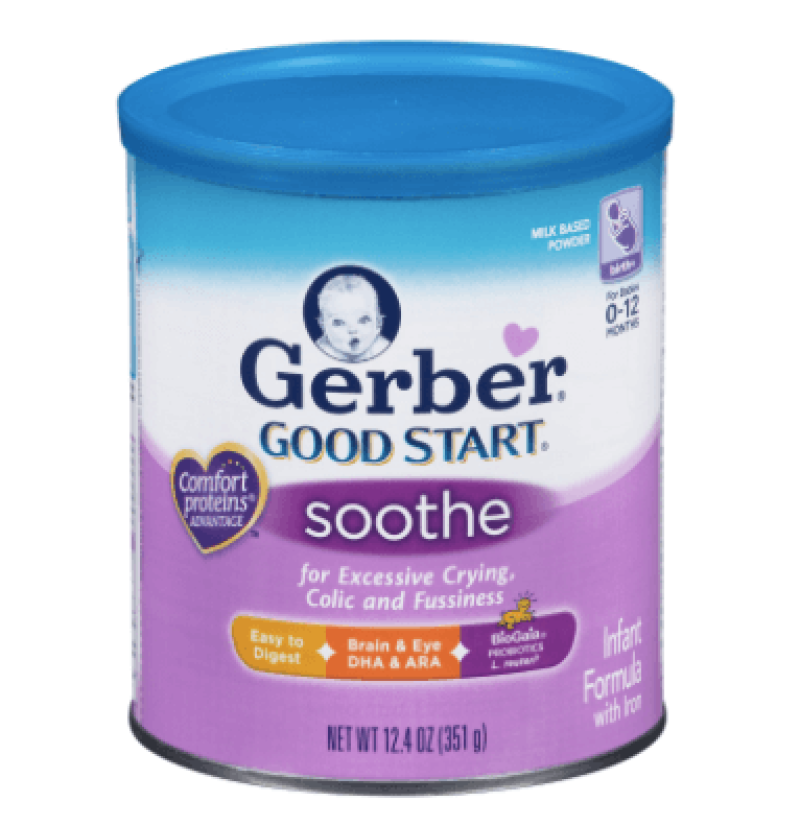The GLP aggregated and excerpted this blog/article to reflect the diversity of news, opinion and analysis.
On February 10th, Gerber announced that its “Good Start” line of formulas have gone non-GMO. “You asked, and we listened. GERBER GOOD START formulas are now all non-GMO,” the company, a subsidiary of Nestlé Group, declared via Facebook.
. . . .
“Formulas made without genetically modified ingredients provide no additional nutritional benefit to your baby,” wrote a social media representative on Facebook. “Based on feedback from parents looking for more non-GM product options, we decided to make our formulas without the use of genetically modified ingredients.”
. . . [T]his means that the company caved to consumer pressure to change the sourcing of certain ingredients. . .
. . . .
Not only is Gerber flying in the face of the safety and benefits of genetic engineering, but it’s unlikely that all the ingredients in Gerber’s new Good Start formulation are truly non-GMO.
When asked whether any of the vitamins for the new Good Start formulation would be derived from genetically engineered yeast or microbes, a Nestlé representative for Gerber had the following to say:
“. . . All of our infant formula products that are labeled non-GMO label meet our internal definition, which is consistent with the definitions of the European Union and the state of Vermont, the only U.S. state with GMO legislation.”
Notably, the state of Vermont’s labeling bill stipulates that processed foods are exempt from GMO labeling if the amount of “genetically engineered materials” accounts for less than 0.9% of the total weight. Vitamins and micronutrients, which make up a tiny fraction of the weight of infant formulas, can be derived from genetically engineered sources. And Gerber wouldn’t confirm nor deny whether its Good Start formulas’ vitamins were derived this way.
Read full, original post: Gerber Formula Goes Non-GMO, But Not Really































